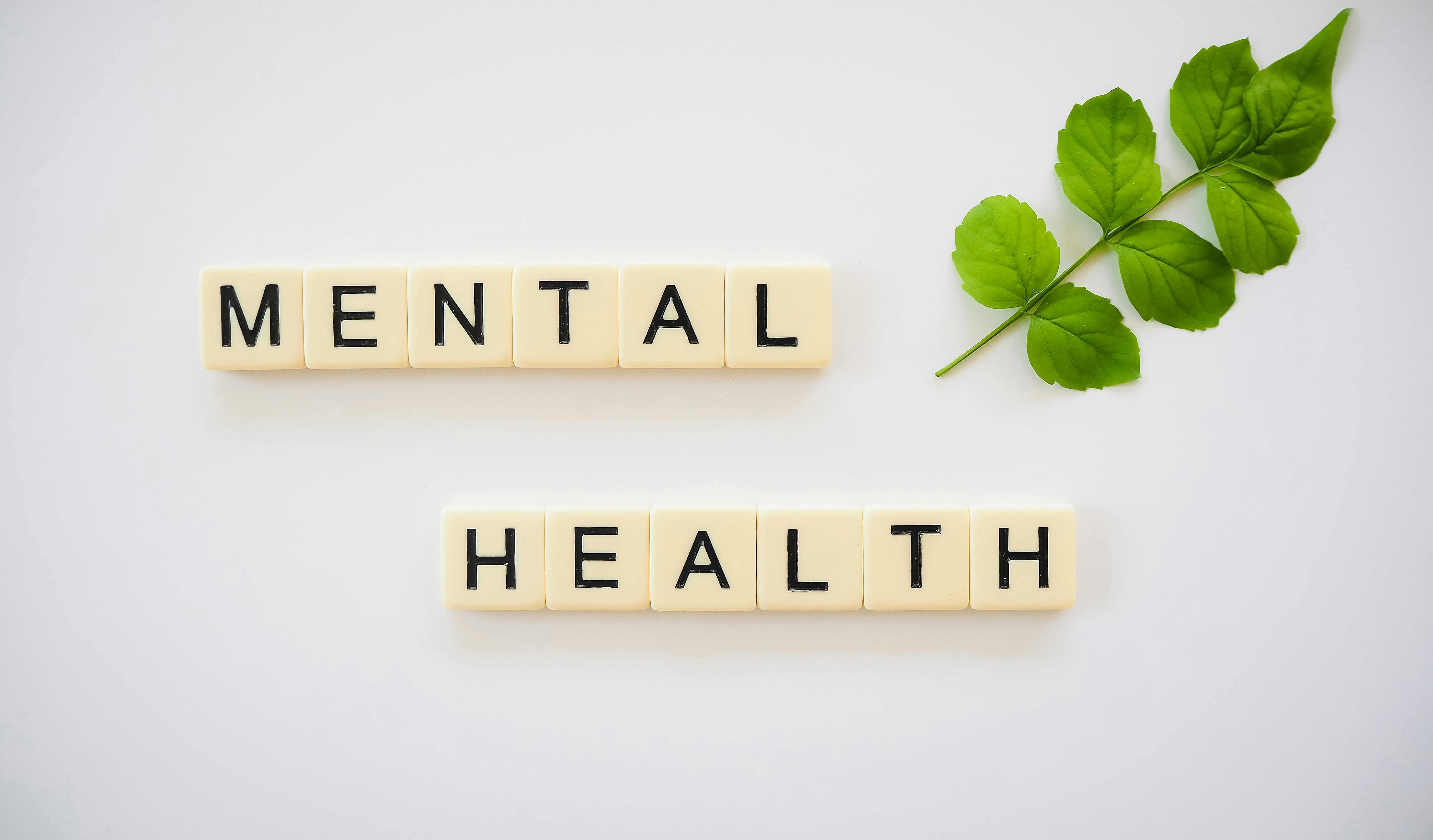Top Reasons to See a Psychiatrist in Jaipur in 2025
May 12, 2025Best Psychiatrist in Jaipur
July 14, 2025
Understanding Mental Health
Mental health is a multifaceted aspect of human well-being that encompasses emotional, psychological, and social dimensions. It affects how individuals think, feel, and act in their daily lives. The World Health Organization (WHO) defines mental health as a state of well-being in which an individual realizes their abilities, can cope with the normal stresses of life, can work productively, and is able to contribute to their community. This comprehensive definition illustrates that mental health is not merely the absence of mental illness; rather, it is an essential component of overall health.
Several components play a crucial role in shaping mental health, including emotional resilience, social connections, and coping mechanisms. Emotional resilience refers to the capacity to adapt to challenging situations, while social connections involve the relationships and support systems that individuals have in their lives. These elements are critical as they contribute to a person’s overall ability to manage stress and maintain a healthy mental state. In contrast, mental illness refers to specific disorders that significantly impair functioning, such as depression, anxiety, or schizophrenia. While mental illness can adversely affect mental health, robust mental health can exist without defining a person solely by their mental health conditions.
Recognizing the distinction between mental health and mental illness is vital for fostering a supportive environment that promotes well-being. In today’s fast-paced society, prioritizing mental health can enhance individuals’ daily functioning, relationships, and productivity. Those who are mentally healthy are more likely to engage positively with others, maintain fulfilling relationships, and excel in their personal and professional pursuits. Consequently, integrating mental health awareness into our lives is not merely beneficial but necessary, reinforcing that it is as important as physical health. By acknowledging mental health as a vital component of holistic health, individuals and communities can cultivate a more supportive and understanding environment for those facing mental health challenges.
The Impact of Mental Health on Daily Life
Mental health plays a pivotal role in shaping various aspects of daily life, influencing emotional, psychological, and social well-being. Individuals with stable mental health tend to experience improved emotional regulation, leading to more adaptive responses to stressors and challenges. Conversely, compromised mental health can manifest through heightened anxiety, mood swings, and emotional disturbances, which directly disrupt daily functioning.
Behavior is often a reflection of an individual’s mental state. For instance, those struggling with mental health issues may find themselves engaging in impulsive actions or making uncharacteristically poor decisions. This can further exacerbate stress and anxiety, creating a vicious cycle that hinders effective coping strategies. Healthy mental health encourages constructive decision-making processes, allowing individuals to evaluate situations more clearly and make informed choices.
In the context of personal relationships, mental health is instrumental in nurturing connections with others. It influences one’s ability to communicate effectively, empathize, and maintain meaningful interactions. Individuals facing mental health challenges might withdraw from social engagements, leading to feelings of isolation and potentially damaging important relationships. Conversely, robust mental health enhances social connectedness, fostering supportive environments that contribute to overall well-being.
Furthermore, mental health significantly affects work performance and one’s capacity to fulfill life roles. Stress and mental health disorders can lead to decreased productivity, diminished creativity, and increased absenteeism in the workplace. Supporting mental well-being through self-care, therapy, and open communication can lead to enhanced job satisfaction and efficiency. Employers are increasingly recognizing the importance of mental health initiatives to promote a healthy work-life balance and cultivate a supportive work culture.
Overall, mental health is integral to navigating life’s complexities. Its impact transcends personal zones, influencing behavior, relationships, and professional engagements. With a strong focus on maintaining mental health, individuals can enhance their quality of life, enriching their experiences and interactions with the world around them.
The Stigma Surrounding Mental Health
The stigma surrounding mental health is a pervasive issue that often discourages individuals from seeking the help they need. Societal attitudes and misconceptions can create an environment where people suffering from mental health conditions feel isolated and ashamed. This stigma is not just a personal burden; it extends to communities and society as a whole, creating barriers to treatment and recovery. Many individuals fear being judged or discriminated against, which can lead them to avoid disclosing their struggles even to close friends and family members.
One significant consequence of this stigma is the underreporting of mental health issues. Individuals may refrain from discussing their mental health concerns in workplace settings or social situations due to fear of negative perceptions. This reluctance can prevent valuable conversations that may lead to understanding and support. Moreover, those who do seek help may be met with skepticism or ridicule, further perpetuating feelings of inadequacy and despair. The misunderstanding surrounding mental health issues can result in individuals feeling that they must deal with their challenges alone, hindering their ability to cope effectively.
Combating stigma requires a multi-faceted approach. Public awareness campaigns can play a crucial role in changing how mental health is perceived. By sharing stories and experiences, individuals can highlight the realities of living with mental health conditions, fostering empathy and understanding among the general populace. Educational initiatives can also be implemented to clarify misconceptions about mental illnesses, emphasizing that they are legitimate health concerns that deserve attention and care. Additionally, creating supportive environments in both homes and workplaces, where open discussions about mental health are encouraged, can significantly reduce stigma and promote a healthier society.
Strategies to Promote and Maintain Mental Health
Promoting and maintaining mental health is a comprehensive process that requires intentionality and self-awareness. One of the most effective strategies is self-care, which encompasses various activities that nurture the mind and body. Engaging in self-care routines can include maintaining a balanced diet, ensuring adequate sleep, and participating in regular physical activity. These lifestyle choices contribute to overall well-being and resilience against mental health challenges.
Mindfulness practices, such as meditation or yoga, play a vital role in enhancing mental health by fostering emotional regulation and stress reduction. These techniques encourage individuals to stay present and acknowledge their feelings without judgment. By incorporating mindfulness into daily routines, individuals can cultivate greater awareness and clarity regarding their emotional states, leading to improved mental clarity and emotional stability.
Seeking professional help is another crucial step in maintaining mental health. Mental health professionals, such as psychologists and therapists, can provide guidance tailored to specific needs. They offer a structured approach to address various mental health issues, equipping individuals with coping strategies and tools to manage their circumstances effectively.
Building a strong support network is essential for emotional well-being. Establishing connections with friends, family, and peers fosters a sense of belonging and community. Sharing thoughts and feelings with trusted individuals can alleviate feelings of isolation and promote emotional support during difficult times. Additionally, participating in community resources such as support groups or mental health workshops can further enhance social connectivity.
Utilizing healthy coping mechanisms is vital for navigating life’s stresses. Techniques such as journaling, engaging in hobbies, or exploring creative outlets can provide constructive ways to process emotions and improve mental health. Recognizing when to seek help and being proactive in using available resources are essential steps towards sustaining mental well-being. By prioritizing these strategies, individuals can cultivate a healthier, more balanced approach to mental health in their lives.










